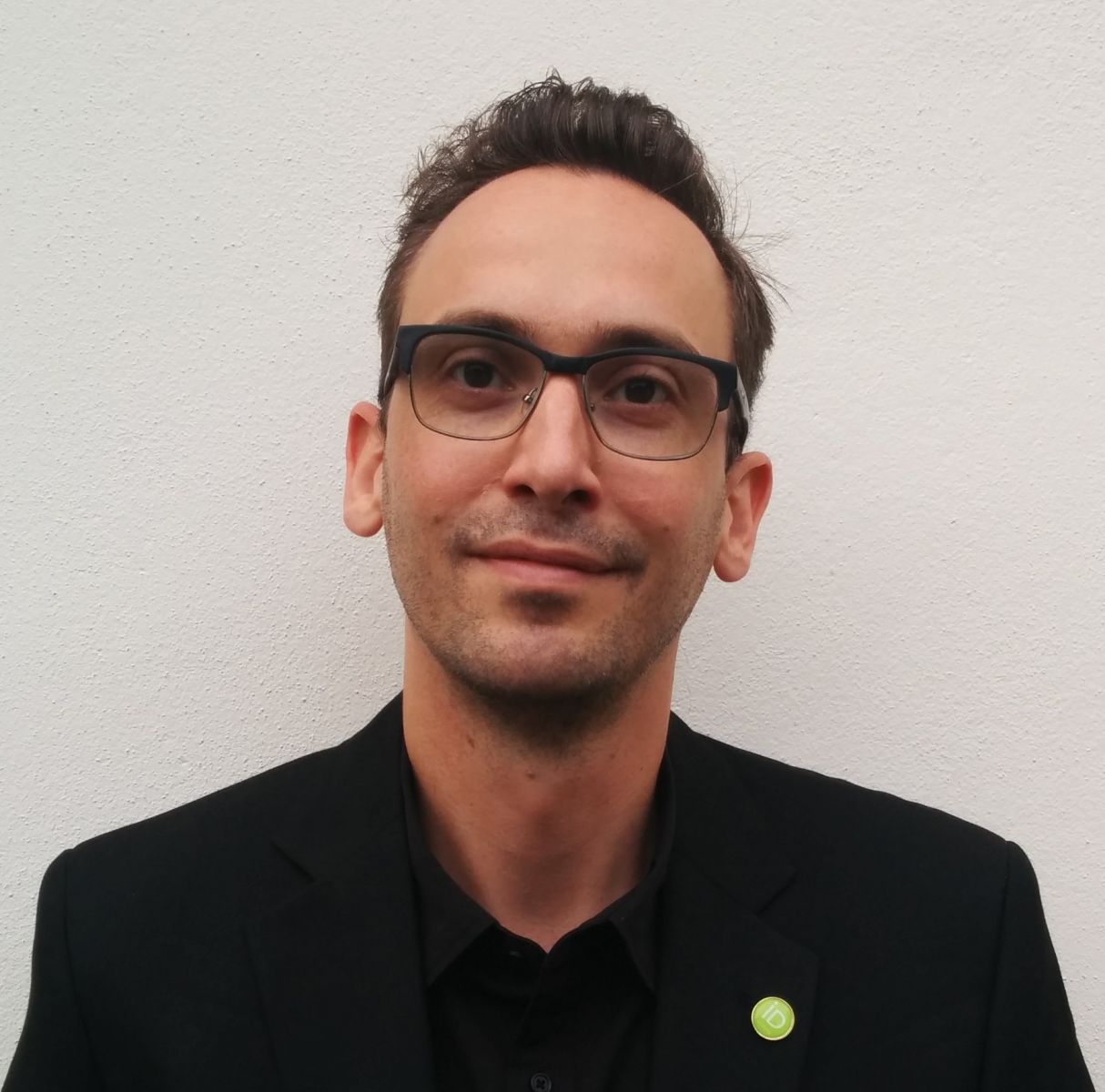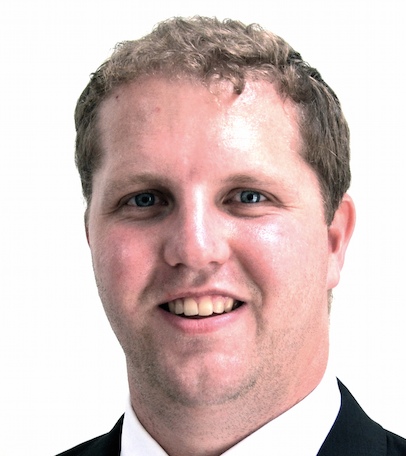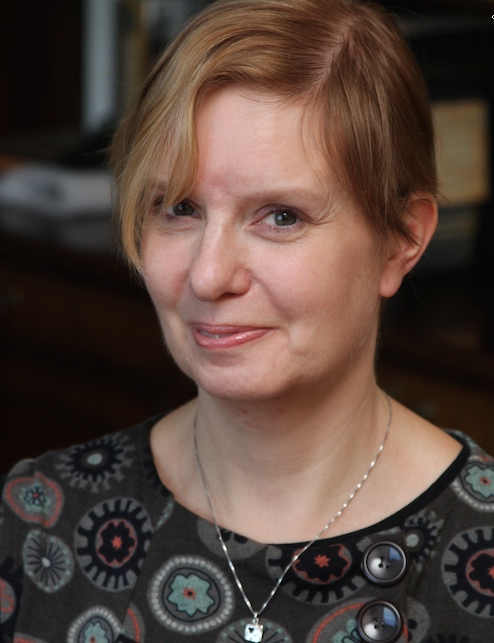Europe is the region with the most intensive uptake of ORCID, with 40% of Registry usage and close to half our members in 2016. In this post, Josh Brown, formerly Regional Director for Europe (now Director of Partnerships), talks us through developments in 2016; and Matthew Buys, formerly Regional Director for the Middle East & Africa – whose role has expanded this year to include Europe – shares some of his plans for the region in 2017.
 Josh:
Josh:
Engagement with ORCID in Europe continues to be high, and we were delighted to meet with members of the community from all sectors at our well-attended workshops in France, Germany, and Spain, and at our first members meeting in England. Our 2016 member town hall meeting for Europe, the Middle East, and Africa was attended by around 100 people in person and virtually. It was a great opportunity for members to hear about our 2015 activities, 2016 goals, and our Board election process, and for us to hear from them about the use of ORCID in their communities.
We welcomed five new national ORCID consortia members from Europe during 2016. Belgium, Finland, Germany, the Netherlands, and Sweden joined Denmark, Italy, and the UK to bring the total number of consortia members in Europe to eight, collectively representing 215 institutions. By the end of 2016, European members comprised 48% of our total membership of 625 organizations globally.
With this large-scale national adoption in Europe, the community is starting to benefit from the network interoperability effects, as a near-majority of researchers use ORCID iDs as they publish and, increasingly, as they deposit data sets and submit research funding requests.
For instance, Germany launched a three-year project to integrate ORCID into national systems that require reliable researcher identification.
Matt:
In 2017, we continue to support our users and members in the region, and are actively engaged with the research community at the local and national level in several more countries in Europe, and are seeing growing interest by researchers and universities in Czech Republic, Latvia, Hungary, Russia, and Turkey.
We are planning workshops in Stockholm (May 16), Prague (May 22), and Budapest (May 25) and other events still to be planned – watch our events page for more information nearer the time.
Later this year, we will be releasing the results of a European Commission funded project: Project THOR. This partnership between ORCID, the British Library, CERN, DataCite, and six other organizations is exploring take-up of identifiers in the humanities, social sciences, physics, and life sciences. THOR’s analysis will provide a clear understanding of the way different countries and disciplines use identifiers. This is helping ORCID and our partners to improve our support for these communities, and for the research community as a whole.
The ORCID European community – of users and members – is growing fast. We have learned a lot as we work with researchers and our members in the region, and thank all of you for your engagement and support.
